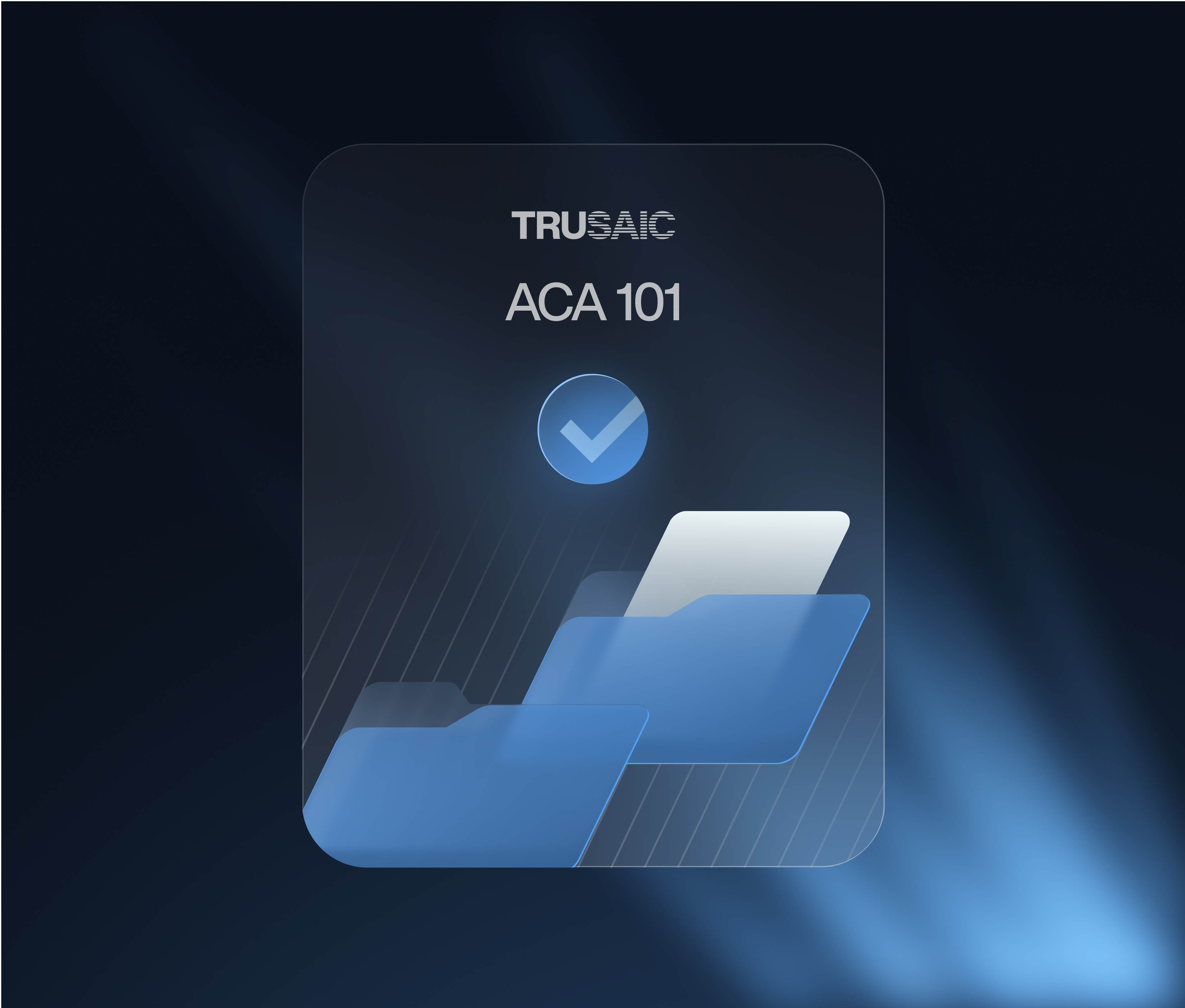Last January, New York City (NYC) joined in the growing pay transparency movement with the passage of a law requiring employers to include wage disclosures in job listings. Specifically, employers with four or more employees must post a minimum and maximum pay range when advertising a job, promotion, or transfer.
Following an amendment signed into law by Mayor Eric Adams on May 12, 2022, the law’s effective date has been moved from May 15, 2022, to November 1, 2022. The amendment seeks to not only give organizations more time to comply but also clarify ambiguity around the original legislation.
There are potential impacts for employers outside of NYC. Here’s what employers should know.
In addition to delaying the effective date, the amendment also:
- Clarifies that the law applies to employees who are paid hourly or through an annual salary
- Reinforces that the law would not apply to positions that can not or will not be performed (at least partially) in NYC (excluding job postings for temporary employment at temporary help firms). This has potential to impact employers outside of NYC running nationwide job searches for remote work.
- Creates a limited private right of action for current employees against their employers for violations related to job, promotion, or transfer opportunities
- Confirms there is no monetary penalty for a first-time violation if it is corrected within 30 days
Revised compliance guidance from the city should be forthcoming.
Increasingly, states and local jurisdictions are enacting pay transparency legislation to reduce gender and race-based pay gaps. Providing wage ranges in job listings can reveal pay disparities within an organization, thus incentivizing employers to address pay equity issues proactively. Connecticut, California, Colorado, and Nevada are just four examples of states passing such measures, demonstrating the growing focus on transparent pay practices.
Employers should take advantage of the nearly six-month delay to prepare for implementation of the New York pay transparency law.
Best practices encourage business owners to perform a pay equity audit to help them achieve their pay transparency goals. This process not only ensures fairness in compensation but also gives your organization a competitive edge when it comes to attracting employees and investors.
If your organization needs assistance getting started, enlist the help of a diversity, equity, and inclusion (DEI) expert like Trusaic. Our pay equity auditing, diversity, and inclusion software solution, PayParity, offers tracking and analytics tools you’ll need to perform an effective audit, protect against risk, and promote full transparency.
To learn more about why your organization should take a proactive approach to pay equity, read our guide, What is Pay Equity?.








